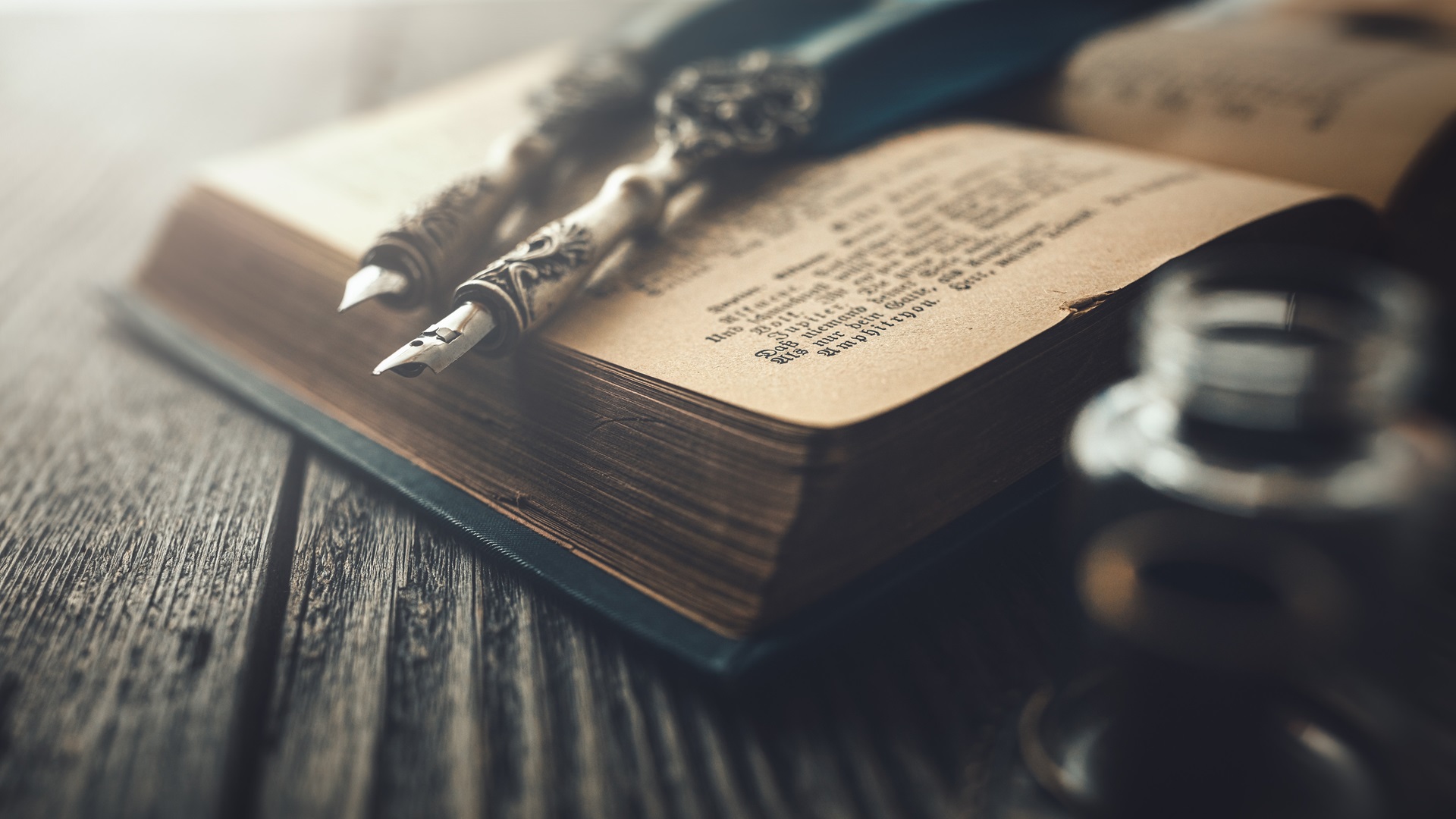
People often praise poets for their soulful turns of phrase and how they can evoke deep emotions in ways that feel uniquely human. It turns out AI might be even better at tugging at our heartstrings, according to a newly published study in Scientific Reports. Not only do people struggle to tell the difference between AI-generated and human-written poetry, but many prefer AI-crafted poems to those produced by human effort, at least until they discover the silicon soul behind the words.
The University of Pittsburgh researchers tested how well readers could identify when a poem was written by OpenAI’s ChatGPT-3.5 AI model or by Shakespeare, Emily Dickinson, T.S. Eliot, and others in the pantheon of English-language poetry. Over 1,600 participants read a random mix of ten poems, half by humans and half by the AI model. Not only did many think humans wrote the AI poems, but the poems written by people were least likely to be marked as such.
Apparently, the complexity of human poetry was mistaken for confusing AI rambling. By avoiding the complexity often found in the work of classic poets, AI poetry can feel more relatable and less intimidating – qualities that readers unconsciously attribute to human creativity.
“We found that AI-generated poems were rated more favorably in qualities such as rhythm and beauty, and that this contributed to their mistaken identification as human-authored,” the researchers wrote. “Our findings suggest that participants employed shared yet flawed heuristics to differentiate AI from human poetry: the simplicity of AI-generated poems may be easier for non-experts to understand, leading them to prefer AI-generated poetry and misinterpret the…
Read full post on Tech Radar








